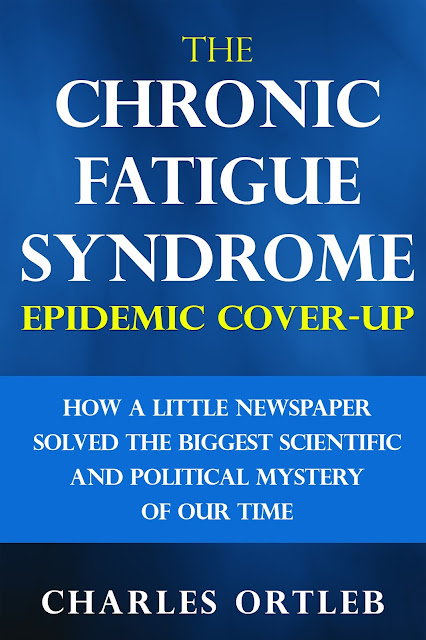Immunomodulation and immunosuppression by human herpesvirus 6A and 6B
http://www.futuremedicine.com/doi/abs/10.2217/fvl.13.7
Lorenzo Dagna Joshua C Pritchett & Paolo Lusso
Lorenzo Dagna Joshua C Pritchett & Paolo Lusso
Vol. 8, No. 3, Pages 273-287
, DOI 10.2217/fvl.13.7
(doi:10.2217/fvl.13.7)
"Like
other members of the Herpesviridae family, human herpesvirus (HHV)-6A
and HHV-6B have developed a wide variety of strategies to modulate or
suppress host immune responses and, thereby, facilitate their own spread
and persistence in vivo. Long considered two variants of the
same virus, HHV-6A and HHV-6B have recently been reclassified as
distinct viral species, although the established nomenclature has been
maintained. In this review, we summarize the distinctive profiles of
interaction of these two viruses with the human immune system. Both
HHV-6A and HHV-6B display a tropism for CD4+ T lymphocytes,
but they can also infect, in a productive or nonproductive fashion,
other cells of the immune system. However, there are important
differences regarding the ability of each virus to infect cytotoxic
effector cells, as HHV-6A has been shown to productively infect several
of these cells, whereas HHV-6B infects them inefficiently at best. In
addition to direct cytopathic effects, both HHV-6A and HHV-6B can
interfere with immunologic functions to varying degrees via cytokine
modulation, including blockade of IL-12 production by professional
antigen-presenting cells, modulation of cell-surface molecules essential
for T-cell activation, and expression of viral chemokines and chemokine
receptors. Some of these effects are related to signaling through and
downregulation of the viral receptor, CD46, a key molecule linking
innate and adaptive immune responses. Increasing attention has recently
been focused on the importance of viral interactions with dendritic
cells, which may serve both as targets of virus-mediated
immunosuppression and as vehicles for viral transfer to CD4+ T
cells. Our deepening knowledge of the mechanisms developed by HHV-6A
and HHV-6B to evade immunologic control may lead to new strategies for
the prevention and treatment of the diseases associated with these
viruses. Moreover, elucidation of these viral mechanisms may uncover new
avenues to therapeutically manipulate or modulate the immune system in
immunologically mediated human diseases."











